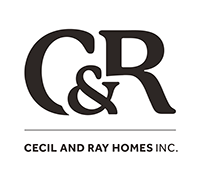In home building, there are two common types of contracts that builders use to price their services: cost-plus and fixed-price. Here’s a breakdown of the differences between the two:
- Cost-Plus Contract: A cost-plus contract is an agreement in which the builder charges the client the actual cost of labor and materials, plus a percentage markup for their services. The markup is typically negotiated upfront and may range from 10-20% of the total cost of the project. This type of contract offers transparency in terms of pricing, as the client knows exactly how much the materials and labor cost. However, it may not provide as much certainty around the final price of the project.
- Fixed-Price Contract: A fixed-price contract is an agreement in which the builder charges a set price for the entire project, based on a detailed estimate of the materials, labor, and other costs. This type of contract offers more certainty around the final price of the project, as the builder is responsible for any cost overruns or unexpected expenses. However, the builder may add a contingency amount to the contract to cover potential changes or unforeseen circumstances.
Overall, the main difference between a cost-plus and a fixed-price contract is the level of transparency and certainty around the final price of the project. Cost-plus contracts provide transparency around the actual cost of materials and labor, but may not offer as much certainty around the final price. Fixed-price contracts provide more certainty around the final price of the project, but may not be as transparent in terms of the actual cost of materials and labor. Ultimately, the best type of contract will depend on the specific needs and preferences of the client and the builder.
We would love to work with you to build the home of your dreams. Contact us today!

